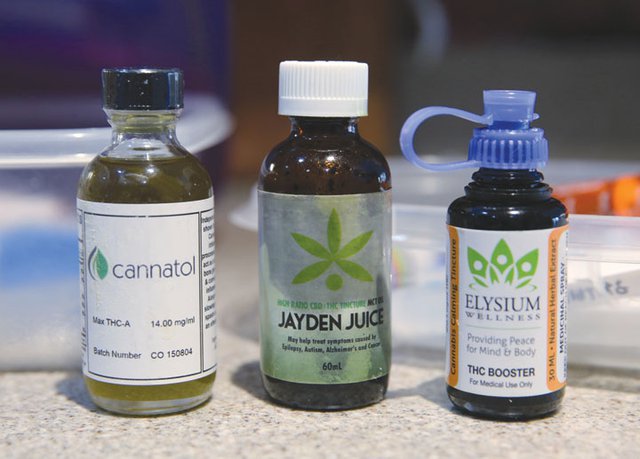In recent years, cannabidiol, commonly known as CBD, has emerged as a popular and intriguing natural remedy with purported health benefits. Derived from the hemp plant, CBD oil has garnered significant attention for its potential to alleviate various health conditions. While CBD is just one of over 100 cannabinoids found in hemp, it lacks the psychoactive effects commonly associated with another cannabinoid, tetrahydrocannabinol (THC). As interest in CBD continues to grow, researchers have been delving into its potential health benefits, uncovering a range of possibilities that are capturing the attention of both the medical community and the general public.
Understanding CBD and its Mechanisms
CBD interacts with the body’s endocannabinoid system (ECS), a complex network of receptors and neurotransmitters that play a vital role in regulating various physiological processes, such as mood, pain sensation, appetite, and immune function. Unlike THC, CBD does not bind directly to the CB1 and CB2 receptors within the ECS. Instead, it appears to modulate and influence these receptors, potentially leading to a myriad of health benefits.
Pain Management and Inflammation
One of the most well-known potential benefits of CBD oil is its ability to alleviate pain and reduce inflammation. Several studies have suggested that CBD may interact with receptors involved in pain perception, leading to potential pain-relieving effects. A review published in the European Journal of Pain found evidence supporting CBD’s effectiveness in managing chronic pain conditions, such as arthritis and neuropathic pain. However, further research is needed to fully understand the underlying mechanisms and establish precise dosages for different conditions.
Anxiety and Stress Reduction
Another area where CBD shows promise is in managing anxiety and stress. Research has indicated that CBD may influence serotonin receptors in the brain, a neurotransmitter often associated with mood regulation. A study published in the Journal of Clinical Investigation revealed that CBD had an anxiolytic effect on participants with social anxiety disorder. While these findings are promising, it’s important to note that larger, well-controlled trials are needed to better understand CBD’s potential in treating various anxiety disorders.
Neurological Disorders
The potential impact of CBD oil on neurological disorders, such as epilepsy and multiple sclerosis, has garnered significant attention. Perhaps the most compelling evidence of CBD’s efficacy comes from its role in treating severe forms of childhood epilepsy. Epidiolex, a CBD-based medication, has been approved by the U.S. Food and Drug Administration (FDA) for the treatment of two rare forms of epilepsy—Lennox-Gastaut syndrome and Dravet syndrome. This landmark approval underscores CBD’s potential as a legitimate therapeutic option for neurological disorders.
Skincare and Acne Management
CBD’s anti-inflammatory and sebum-regulating properties have led to its inclusion in various skincare products. Research suggests that CBD may help manage acne by reducing sebum production and modulating inflammation. A study published in the Journal of Clinical Investigation found that CBD inhibited oil production and exerted anti-inflammatory effects on human sebocytes, cells that contribute to acne development. While these findings are promising, more research is needed to determine the optimal formulations and concentrations for effective acne management.
Sleep Enhancement
CBD’s potential to improve sleep quality has also garnered interest. A study published in The Permanente Journal reported that participants with sleep disorders experienced improved sleep scores after taking CBD. While the exact mechanisms behind CBD’s effects on sleep are not fully understood, its influence on anxiety and stress levels could contribute to its sleep-enhancing properties.

Conclusion
The exploration of CBD oil’s potential health benefits is still in its infancy, but the existing research paints an intriguing picture. From pain management and anxiety reduction to neurological disorder treatment and skin care applications, CBD’s versatility has captured the attention of researchers and consumers alike. However, it’s essential to approach CBD with caution and seek guidance from healthcare professionals, as dosages and effects can vary significantly from person to person.
As interest in CBD continues to grow, the scientific community’s efforts to understand its mechanisms of action and therapeutic potential are of paramount importance. With further research, clearer insights into CBD’s benefits and limitations will emerge, potentially opening up new avenues for natural health and wellness.
Disclaimer: This blog post is for informational purposes only and should not be considered medical advice. Always consult a qualified healthcare provider before incorporating CBD oil or any other supplements into your health regimen. If you want more information about CBD, discover here!


